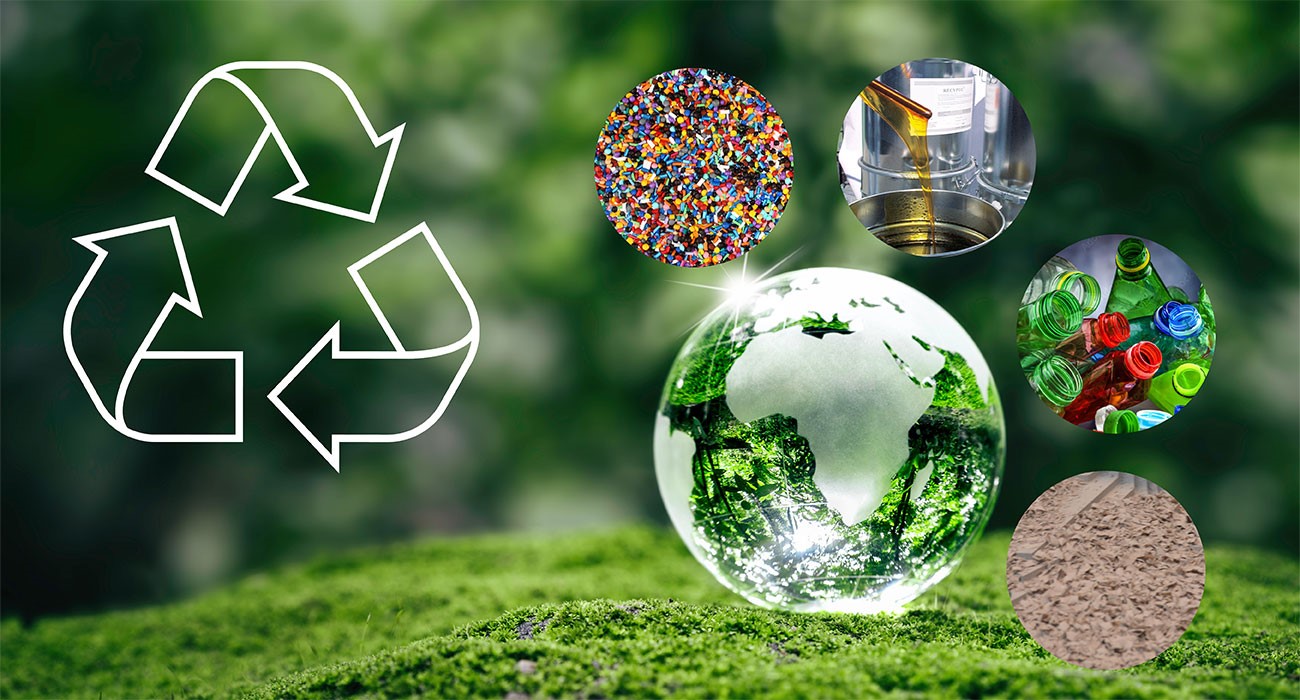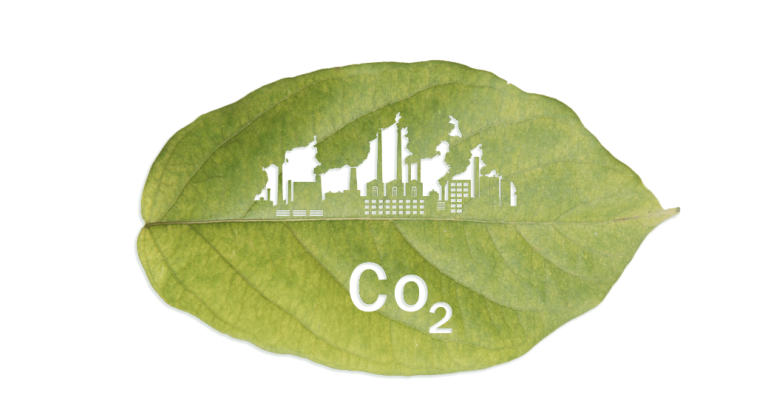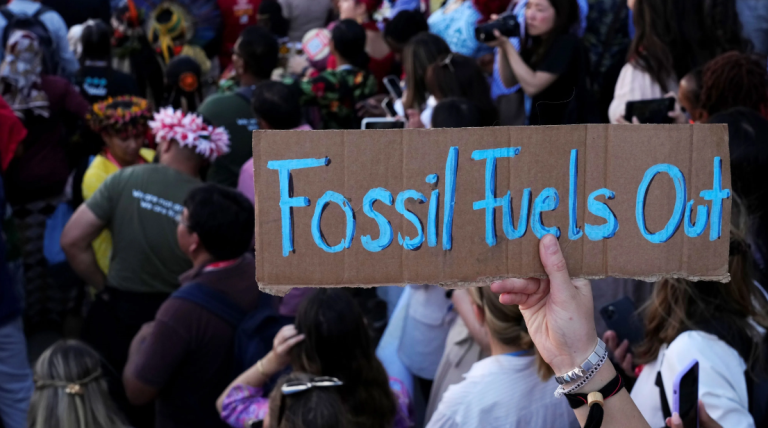Ecology of Waste: Trash and Recycling
Introduction
Trash and recycling represent two intertwined aspects of modern life that deeply impact the environment, economy, and society at large. The management of waste materials poses significant challenges globally, with growing populations and consumerism exacerbating the issue. This essay delves into the complexities of trash and recycling, exploring their environmental implications, socio-economic dynamics, and the imperative for sustainable waste management practices.
Environmental Impact
The environmental repercussions of unchecked trash accumulation are profound. Landfills, often the final destination for non-recyclable waste, emit greenhouse gases like methane, contributing to climate change. Moreover, the disposal of plastics and other synthetic materials pollutes ecosystems, endangers wildlife, and contaminates water sources. Recycling mitigates these harms by diverting materials from landfills and reducing the demand for virgin resources. By reusing and repurposing materials, recycling conserves energy and reduces carbon emissions associated with extraction and manufacturing processes.
Socio-economic Dynamics
Trash and recycling systems are deeply embedded in socio-economic structures. Waste management industries provide employment opportunities, from collection and sorting to recycling and disposal. However, these sectors also face challenges such as inefficient infrastructure, inadequate regulation, and economic disparities. Marginalized communities often bear the brunt of waste disposal, with landfills and incinerators disproportionately located in low-income areas. Recycling initiatives can empower communities by creating green jobs and fostering local economies. Moreover, the circular economy model promotes resource efficiency and resilience, offering economic benefits through reduced waste generation and increased material recovery.
Challenges and Solutions
Despite the evident benefits of recycling, significant challenges persist. Contamination of recyclables, caused by improper sorting or contamination with non-recyclable materials, undermines recycling efforts and increases processing costs. Education and public awareness campaigns are crucial for improving recycling literacy and encouraging responsible waste disposal practices. Additionally, investments in infrastructure and technology are needed to enhance recycling capabilities, such as advanced sorting systems and innovative recycling techniques. Policy interventions, including extended producer responsibility (EPR) and landfill taxes, can incentivize waste reduction and promote the circular economy.
The Way Forward
Achieving sustainable waste management requires a multifaceted approach that addresses environmental, social, and economic dimensions. Individuals, businesses, governments, and civil society all have a role to play in fostering a culture of waste reduction, reuse, and recycling. Collaboration and innovation are essential for developing integrated waste management systems that prioritize environmental protection, social equity, and economic prosperity. By reimagining our relationship with trash and embracing the principles of a circular economy, we can build a more sustainable future for generations to come.
Trash and Recycling: Building Sustainable Futures
Trash, often regarded as a mundane aspect of daily life, holds significant implications for our environment, economy, and society. In today’s world, where the population is burgeoning and consumption patterns are escalating, managing waste has become a pressing concern. Amidst this backdrop, recycling emerges as a beacon of hope, offering solutions to mitigate the adverse impacts of excessive waste generation. This essay explores the intricacies of trash and recycling, emphasizing their critical roles in fostering sustainability and shaping our collective future.
At its core, trash embodies the byproducts of human consumption and production activities. From household waste to industrial byproducts, the spectrum of trash is vast and multifaceted. However, its disposal poses numerous challenges, ranging from environmental degradation to resource depletion. Landfills, once the primary destination for trash, now stand as symbols of unsustainable waste management practices, emitting greenhouse gases and leaching harmful substances into soil and water. Furthermore, the sheer volume of trash overwhelms landfill capacities, necessitating alternative strategies to address this burgeoning crisis.
Key Component
Recycling, as a key component of waste management, offers a viable solution to alleviate the burden of trash on the environment. Unlike traditional disposal methods, which treat waste as a liability, recycling transforms it into a valuable resource, thereby closing the loop of resource extraction, production, and disposal. Through processes like sorting, cleaning, and reprocessing, recyclable materials such as paper, plastic, glass, and metal are diverted from landfills and reintegrated into the production cycle. This not only conserves raw materials but also reduces energy consumption and carbon emissions associated with virgin resource extraction and manufacturing.
Economic Growth
Moreover, recycling fosters economic growth and job creation by stimulating the development of a circular economy. By recovering and reusing materials, recycling industries generate revenue streams, reduce production costs, and create employment opportunities across various sectors, from collection and processing to manufacturing and distribution. In addition, recycling encourages innovation and technological advancements in waste management practices, spurring the emergence of sustainable solutions and green technologies.
However, realizing the full potential of recycling requires concerted efforts at individual, societal, and governmental levels. Education and awareness play pivotal roles in promoting recycling behavior and fostering a culture of sustainability. By imparting knowledge about waste reduction, segregation, and recycling practices, individuals can make informed choices and adopt environmentally responsible behaviors in their daily lives. Likewise, businesses and industries must prioritize sustainable practices and invest in efficient waste management systems to minimize their ecological footprint and enhance corporate social responsibility.
Role of Government
Furthermore, governments play a crucial role in enacting policies and regulations that incentivize recycling and discourage wasteful practices. Implementing extended producer responsibility (EPR) frameworks, establishing recycling infrastructure, and providing financial incentives for recycling initiatives are essential steps towards creating an enabling environment for sustainable waste management. Moreover, collaboration between public and private stakeholders is imperative to address systemic challenges and foster innovation in waste reduction and recycling technologies.
Conclusion
In conclusion, trash and recycling represent two sides of the same coin in the realm of waste management. While trash symbolizes the consequences of unsustainable consumption and production patterns, recycling offers a pathway towards a more sustainable and regenerative future. By harnessing the potential of recycling to conserve resources, reduce pollution, and stimulate economic growth, we can pave the way for a world where waste is minimized, resources are maximized, and ecosystems thrive. Embracing the principles of reduce, reuse, and recycle, we can build a future where trash becomes treasure and sustainability becomes the cornerstone of our society.
FAQs:
1. What is waste ecology?
2. Why is waste management important for the environment?
3. What are the different types of waste?
4. How does recycling help the environment?
5. What materials can be recycled?
6. What are the challenges of recycling?
7. How can individuals reduce waste in their daily lives?
8. What is composting, and how does it benefit the environment?
9. How can communities improve waste management practices?
10. What are some innovative approaches to waste management and recycling?







